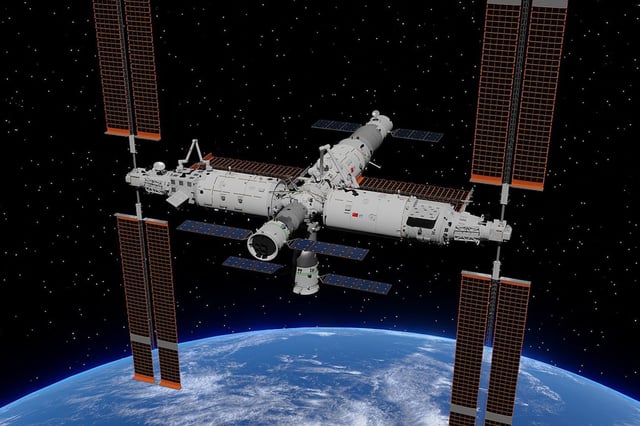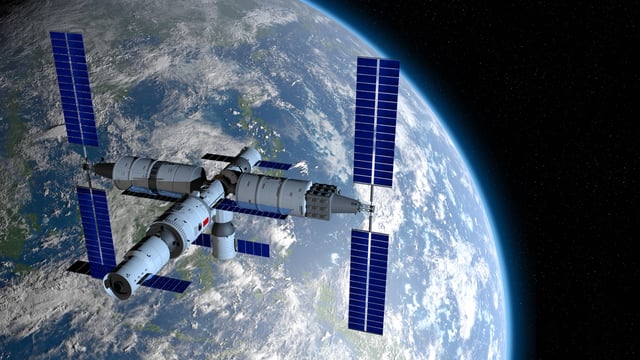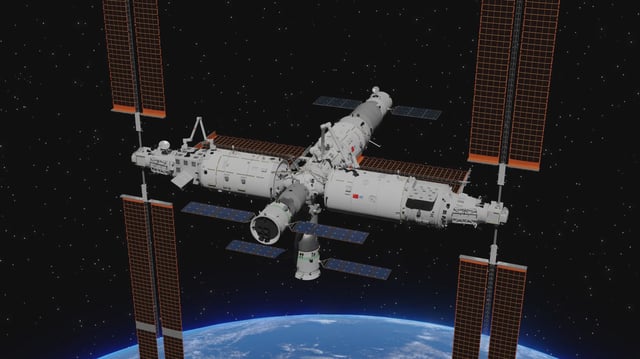Overview
- Chinese researchers have identified Niallia tiangongensis, a novel bacterial species, aboard the Tiangong space station, marking a significant discovery in space microbiology.
- The microbe demonstrates enhanced resistance to radiation damage and oxidative stress, traits likely developed in response to the station's unique environment.
- Collected in May 2023 by the Shenzhou-15 crew, the bacterium was formally described in May 2025 after extensive genomic and functional analysis on Earth.
- While related to terrestrial bacteria, it is genetically distinct and capable of forming protective biofilms by breaking down gelatin, raising questions about its evolutionary trajectory in space.
- Researchers have yet to determine whether the microbe poses health risks to astronauts, with ongoing studies aimed at refining microbial control measures for long-duration missions.



